Saudi contractors are said to still struggle with payment delays
Wed 02 May 2018, 17:18:10
Some contractors in Saudi Arabia are still struggling to get paid on time by the government despite assurances from officials that the long-running problem has been resolved, threatening a nascent economic recovery in the kingdom.
While the Finance Ministry is honouring a pledge to pay the dues on time, many government departments are taking months to process the paperwork and send it to the ministry, according to four people with knowledge of the matter who asked not to be named because the issue is sensitive.
While the Finance Ministry is honouring a pledge to pay the dues on time, many government departments are taking months to process the paperwork and send it to the ministry, according to four people with knowledge of the matter who asked not to be named because the issue is sensitive.
In other cases, the delay is caused by a long backlog of payments that the government is gradually working through, two people said.
The delays are less severe than in the aftermath of the 2014 oil slump. Still, they’re affecting a swath of the economy from construction to education, and they’re particularly acute for companies dealing with the Health Ministry, three people said.
Saudi businesses are already grappling with rising fuel and electricity prices, and new fees.
Officials at the finance and health ministries did not respond to requests for comment in time for publication.
Public spending underpins the economy of the world’s largest oil exporter. And more than two years after Crown Prince Mohammed bin Salman started on a quest to reduce the reliance on hydrocarbons, authorities are still trying to figure out how to balance the government’s books without causing the economy to grind to a halt.
Official data show the struggle. The non-oil private sector, the engine of job creation, shrank in the first three months of 2016 and its growth was slower than 1 percent in six of the following seven quarters.
Falling behind
To allay contractor concerns, the Finance Ministry launched an electronic platform in January that allows them to check on the status of payments.
A month
later, a royal order set up a committee headed by Commerce and Investment Minister Majid Al-Qasabi to determine government arrears and find a quick solution.
The arrears started piling up at the end of 2015, when authorities deliberately withheld tens of billions of dollars in payments to keep the budget deficit at about 15 percent of gross domestic product.
The decision hit the construction industry particularly hard, including Saudi Binladin Group and the now-shuttered Saudi Oger.
The government resumed payments in late 2016. Finance Minister Mohammed Al-Jadaan said in December that year that authorities had already settled about 270 billion riyals ($72 billion).
The Finance Ministry has repeatedly pledged to pay contractors within 60 days, and in November an official said 98 percent of payment orders had been honoured within 45 days.
With oil prices rising above $70 a barrel, government revenue is set to increase, helping the economy bounce back after contracting 0.5 percent in 2017.
Still, the government’s efforts to trim its deficit by raising fuel prices and imposing value-added taxes have hurt consumer sentiment.
The Emirates NBD Purchasing Managers Index, which tracks non-oil private sector activity, fell to a record low of 52.8 in March.
Payment delays are compounding those difficulties, according to Monica Malik, chief economist at Abu Dhabi Commercial Bank.
The enforced wait for government payments is “really impacting short-term margins,” she said.
Officials have taken measures to revive confidence. In January, King Salman ordered a package of more than 50 billion riyals in handouts to Saudi nationals. The government has also announced plans for record spending this year.
That will likely take time to make an impact, Malik said. “At the moment, it’s a very difficult environment.”
The Finance Ministry has repeatedly pledged to pay contractors within 60 days, and in November an official said 98 percent of payment orders had been honoured within 45 days.
With oil prices rising above $70 a barrel, government revenue is set to increase, helping the economy bounce back after contracting 0.5 percent in 2017.
Still, the government’s efforts to trim its deficit by raising fuel prices and imposing value-added taxes have hurt consumer sentiment.
The Emirates NBD Purchasing Managers Index, which tracks non-oil private sector activity, fell to a record low of 52.8 in March.
Payment delays are compounding those difficulties, according to Monica Malik, chief economist at Abu Dhabi Commercial Bank.
The enforced wait for government payments is “really impacting short-term margins,” she said.
Officials have taken measures to revive confidence. In January, King Salman ordered a package of more than 50 billion riyals in handouts to Saudi nationals. The government has also announced plans for record spending this year.
That will likely take time to make an impact, Malik said. “At the moment, it’s a very difficult environment.”
No Comments For This Post, Be first to write a Comment.
Most viewed from International
Most viewed from World
AIMIM News
Latest Urdu News
Most Viewed
May 26, 2020
Should there be an India-Pakistan cricket match or not?
Latest Videos View All
Like Us
Home
About Us
Advertise With Us
All Polls
Epaper Archives
Privacy Policy
Contact Us
Download Etemaad App
© 2026 Etemaad Daily News, All Rights Reserved.

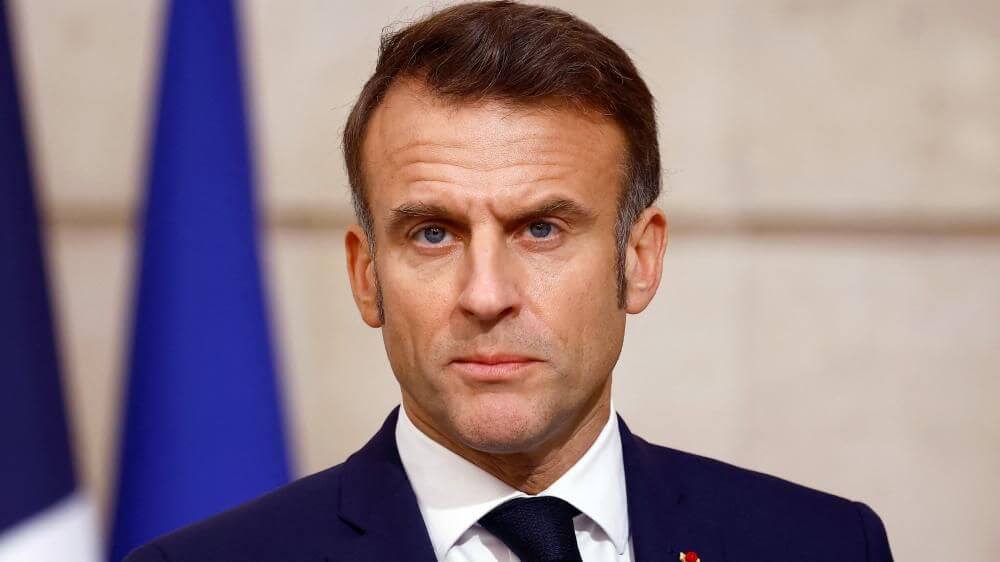



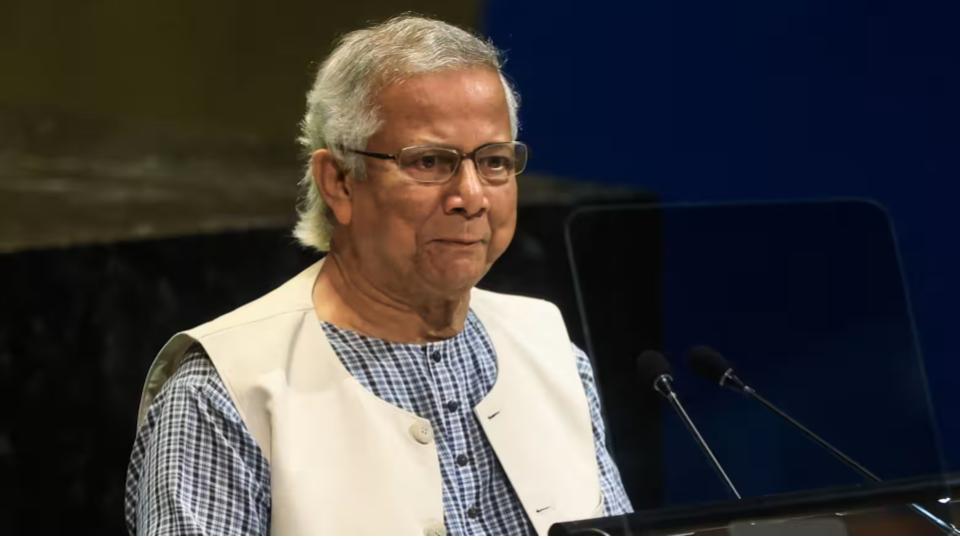





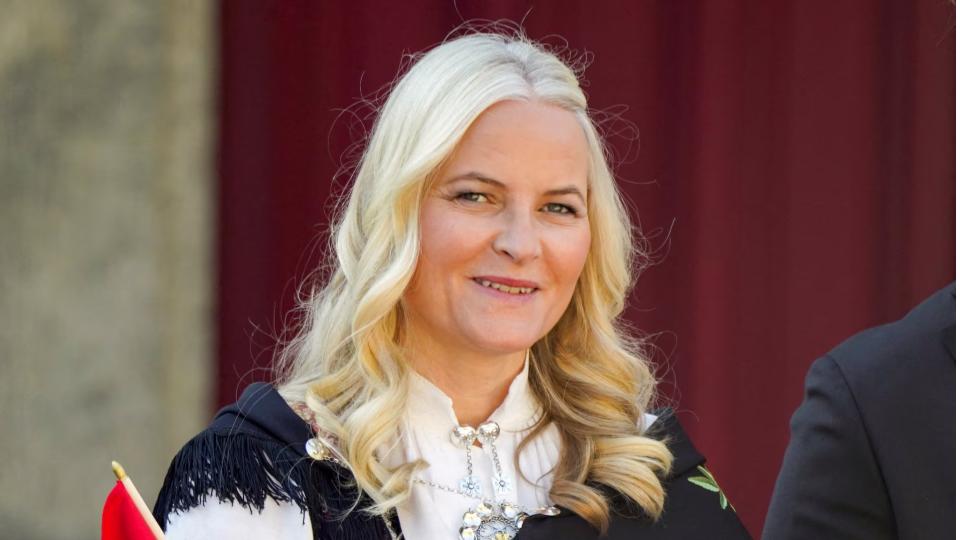

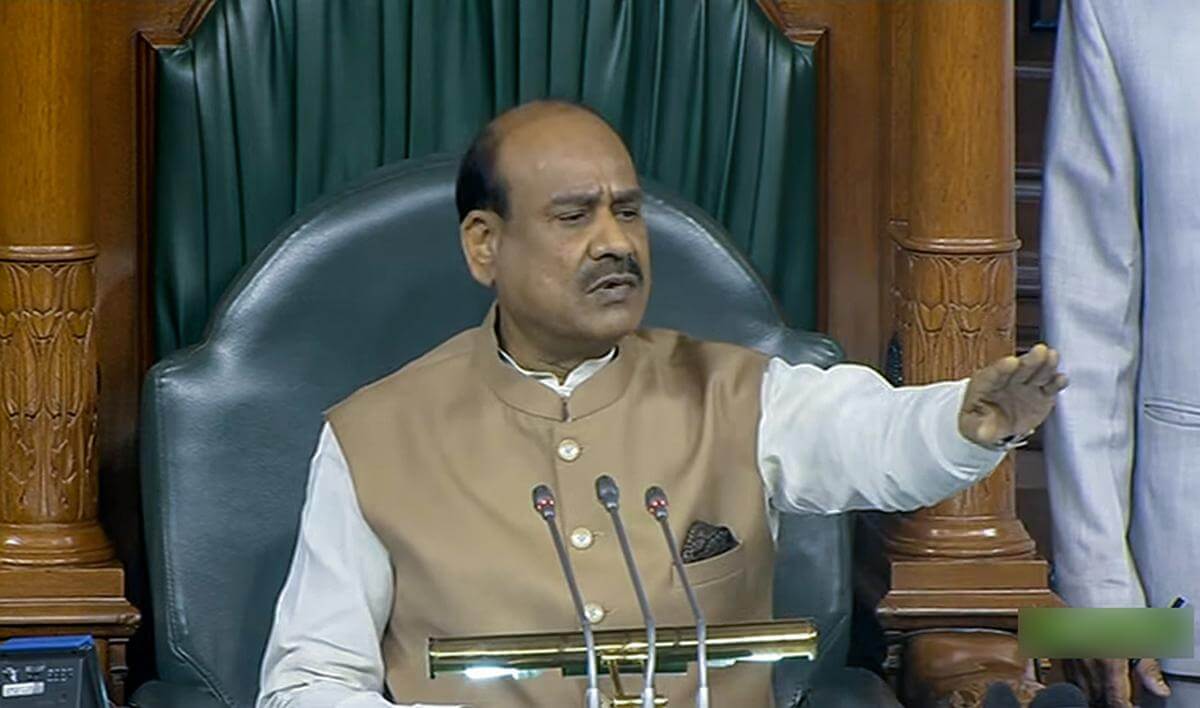


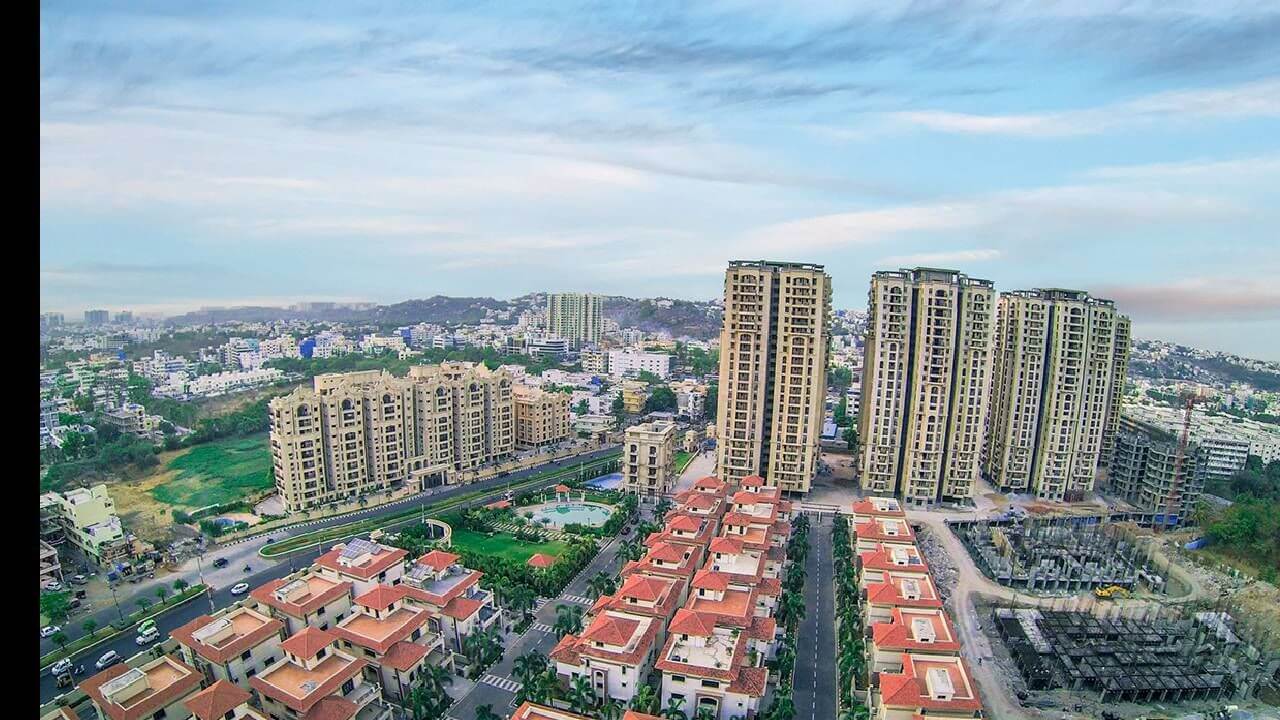




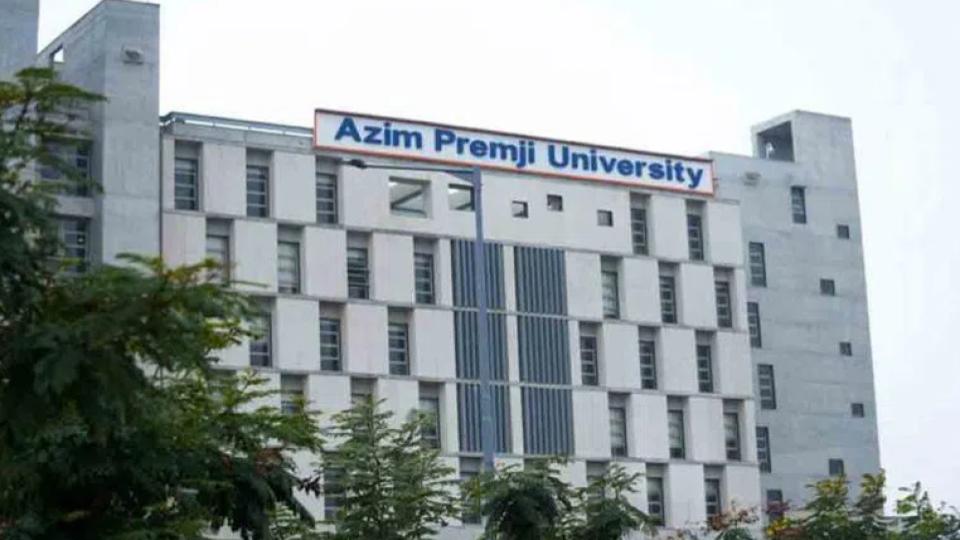

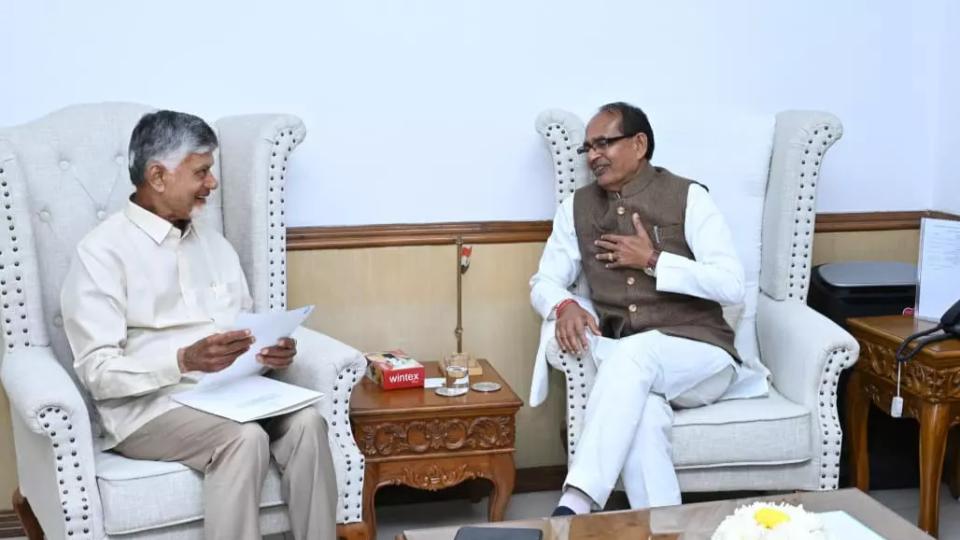
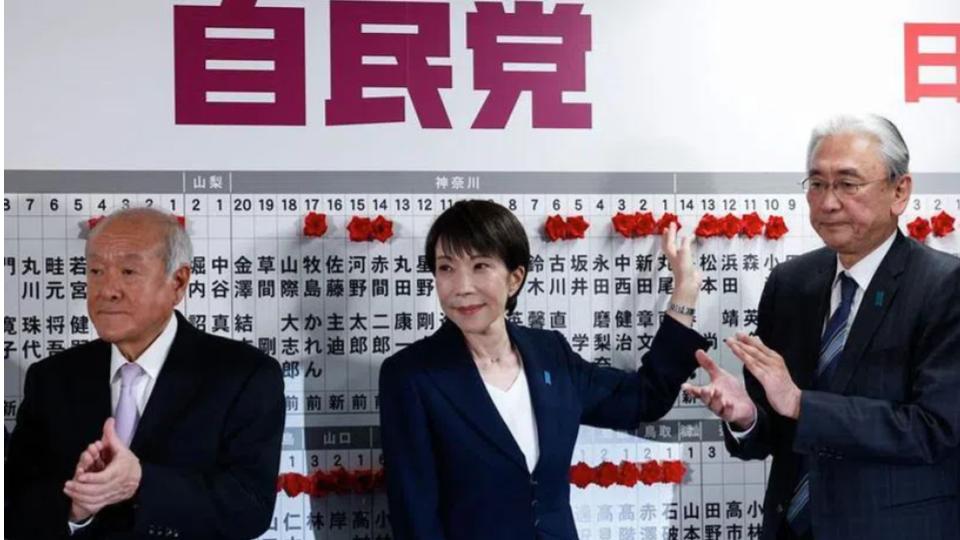












.jpg)
.jpg)
.jpg)


